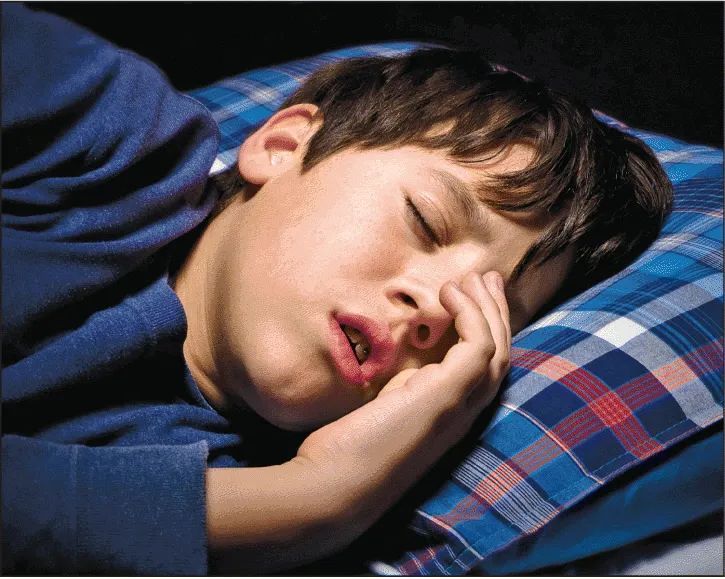
Worried about your child's sleep patterns? Take our quiz to uncover potential signs of sleep apnea and ensure your child’s health and well-being.
Questions and Answers
What's inside the Check If Your Child Is Showing Signs of Sleep Apnea quiz
Does your child snore loudly during sleep?
Has your child ever been diagnosed with allergies or asthma?
Has your child been observed gasping or choking during sleep?
Has your child experienced bedwetting beyond the typical age?
Is your child overweight or has a high BMI?
Does your child have a history of enlarged tonsils or adenoids?
Has your child been diagnosed with any craniofacial abnormalities?
Is there a family history of sleep apnea?
Has your child experienced unexplained weight gain or loss?
Does your child breathe through their mouth while awake?
Has your child had any recent ear infections?
Does your child have a consistent bedtime routine?
Has your child ever undergone a sleep study?
Does your child have a favorite sleeping position?
Has your child been diagnosed with Down syndrome or other genetic conditions?
Has your child experienced sudden weight gain in the past year?
Does your child have a regular exercise or physical activity routine?
Quiz description
Understanding Pediatric Sleep Apnea
Sleep apnea isn't just an adult concern; children can be affected too. Recognizing the signs early can make a significant difference in your child's health and development. This quiz helps parents identify potential symptoms of sleep apnea in their children.
Common Symptoms to Watch For
- Loud Snoring: Frequent or loud snoring can be a primary indicator.
- Gasping or Choking: Pauses in breathing followed by gasps can disrupt sleep patterns.
- Daytime Fatigue: Persistent tiredness despite adequate sleep might signal underlying issues.
- Behavioral Problems: Irritability or hyperactivity can sometimes be linked to disrupted sleep.
- Mouth Breathing: Breathing through the mouth during sleep can be another sign.
Importance of Early Detection
Identifying sleep apnea early allows for timely intervention, which can prevent complications such as impaired growth, learning difficulties, and cardiovascular issues. Consulting with a pediatrician or a sleep specialist is crucial if you suspect your child has sleep apnea.
How the Quiz Can Help
This quiz serves as a preliminary tool to help you assess whether your child might be showing signs of sleep apnea. While it's not a diagnostic tool, it provides valuable insights that can guide you in seeking professional medical advice.
Next Steps
If the quiz indicates potential sleep apnea, consider scheduling an appointment with your child's healthcare provider. They may recommend a sleep study or other diagnostic measures to confirm the presence of sleep apnea and discuss appropriate treatments.











